AARP Hearing Center

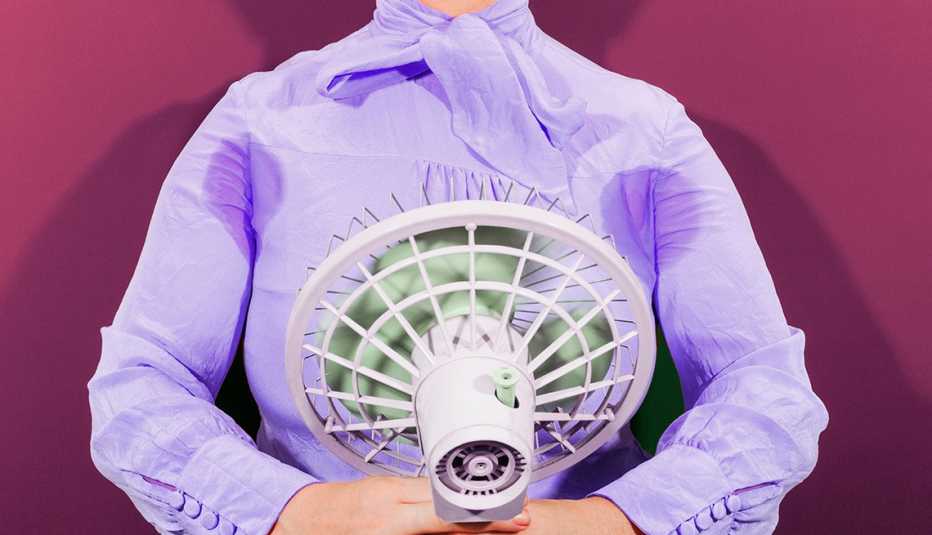
Hot flashes, night sweats and mood swings. These are the top three symptoms in a long and varied list that women can experience when going through menopause, according to new research from AARP. Other chief complaints include fatigue, weight gain and insomnia — and it’s not uncommon for women to experience more than one of these effects.
In fact, a new survey from AARP finds that around 90 percent of women age 35-plus experience menopausal symptoms, some of which can be debilitating and interfere with work and other day-to-day activities. About 40 percent of women endure five to nine symptoms.
It’s no wonder, then, that women are trying a variety of treatments to bring some relief. Nearly half of women surveyed in AARP’s research say they have reached for supplements to help manage their symptoms. Others have made changes to their diet and exercise routines; some have tried prescription medications.
But doctors say treating menopause symptoms doesn’t need to be a guessing game that you have to play by yourself. The stigma is fading, research is evolving, and new therapies are giving women more options.
“Menopause is definitely having its moment, and people are talking about it,” says Rajita Patil, M.D., director of the Comprehensive Menopause Program at University of California, Los Angeles.
14 Common Menopause Symptoms
Nine in 10 women report menopause symptoms, which can be wide-ranging. Here are the most common, according to new research from AARP:
- Hot flashes
- Night sweats
- Mood or emotional swings
- Fatigue
- Weight gain
- Insomnia
- Changes in sexual desire
- Vaginal dryness
- Joint or muscle pain
- Forgetfulness, difficulty concentrating
- Headaches
- Heavy bleeding or irregular periods
- Urinary issues
- Painful sex
Treatments for menopause
There’s not one treatment that’s right for every woman, doctors say. What might work for you depends on your symptoms, your health risks and your personal preferences.
“Everybody comes into menopause with a different genetic profile, with a different health profile, with different lifestyle behaviors and different values,” Patil says. “And so all of these things have to be taken into account.”
Here are some of the more common evidence-based treatments that doctors say can help many women.
Hormone replacement therapy. “The pendulum has shifted” when it comes to treating symptoms of menopause with hormone therapy, which can help manage common menopausal symptoms including hot flashes, says Susan Loeb-Zeitlin, M.D., an obstetrician and gynecologist at Weill Cornell Medicine and New York-Presbyterian Hospital. The once widespread practice of prescribing hormone therapy came to a near halt in the early 2000s when a study, called the Women's Health Initiative, found an increased risk for heart disease and breast cancer among women taking hormones.
But the research has evolved, Loeb-Zeitlin says. “People are starting to understand that for a carefully selected person, there are a lot of benefits.” For example, women in their 40s and 50s who are not at heightened risk for breast cancer or heart disease may benefit — and a long-term follow-up to the Women's Health Initiative supports this.
Published May 1 in JAMA, researchers concluded that “menopausal hormone therapy is appropriate to treat bothersome vasomotor symptoms among women in early menopause, without contraindications, who are interested in taking hormone therapy.”
“It definitely should be brought up as an option for patients who are candidates for it,” Patil says. “But there are a lot of other options out there.”



































































)
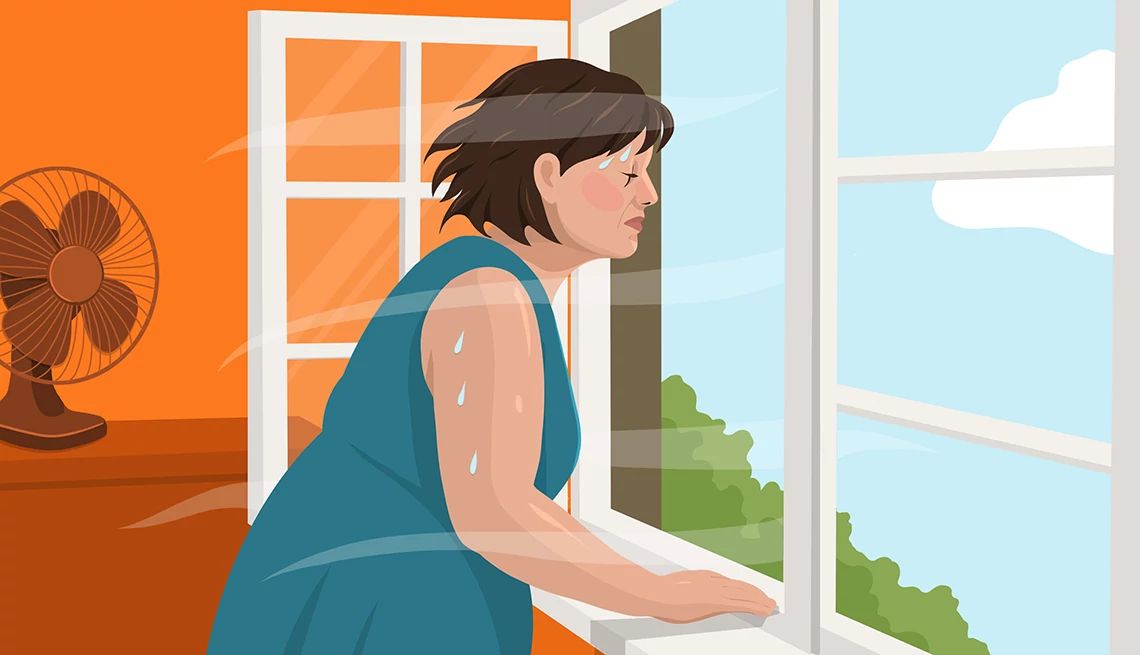


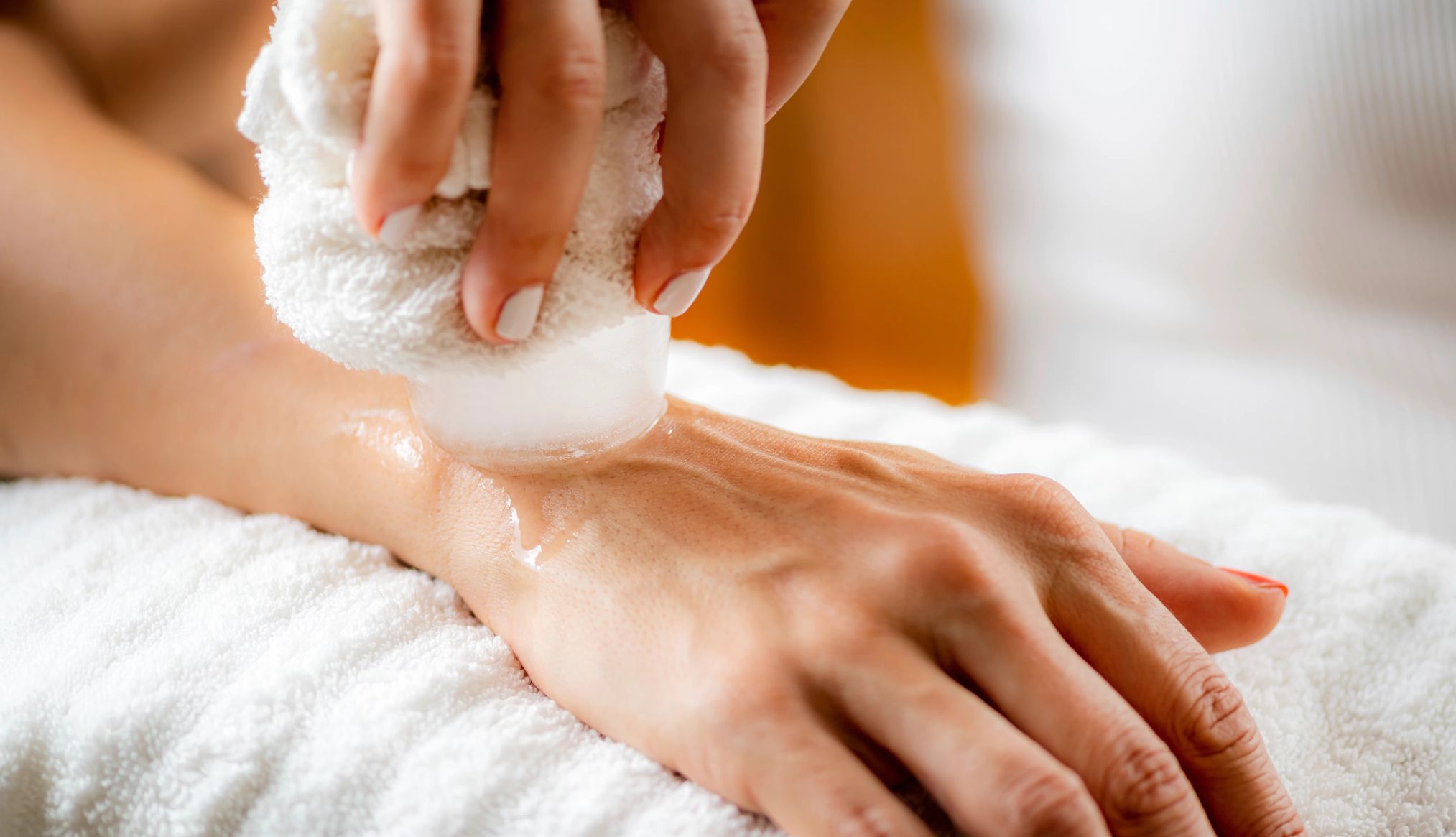

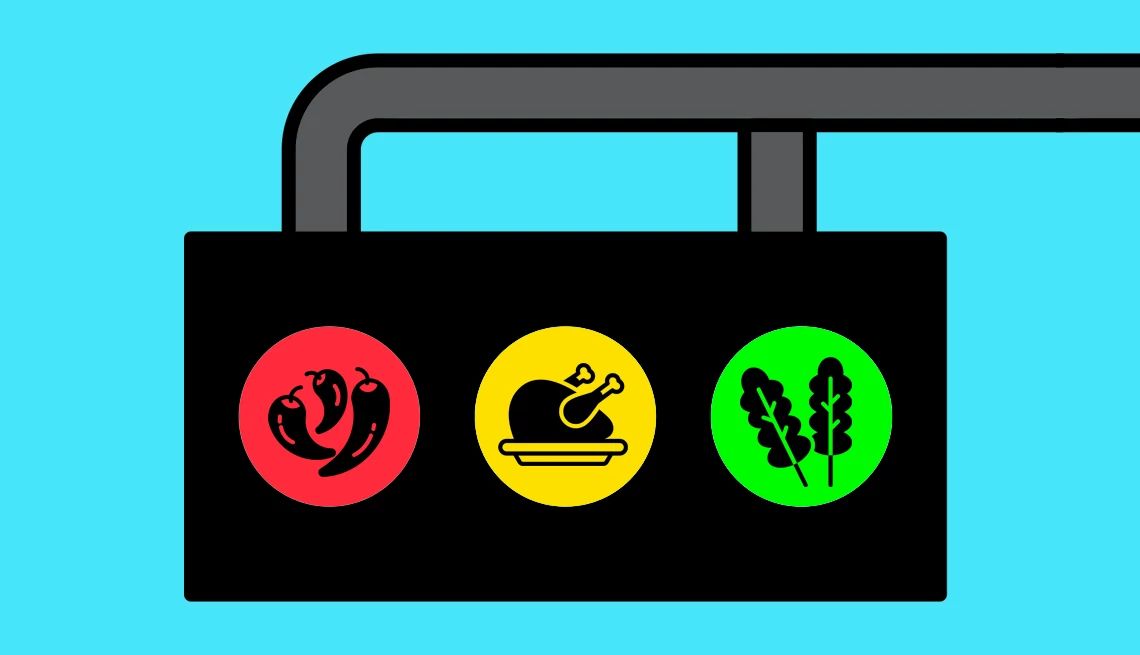
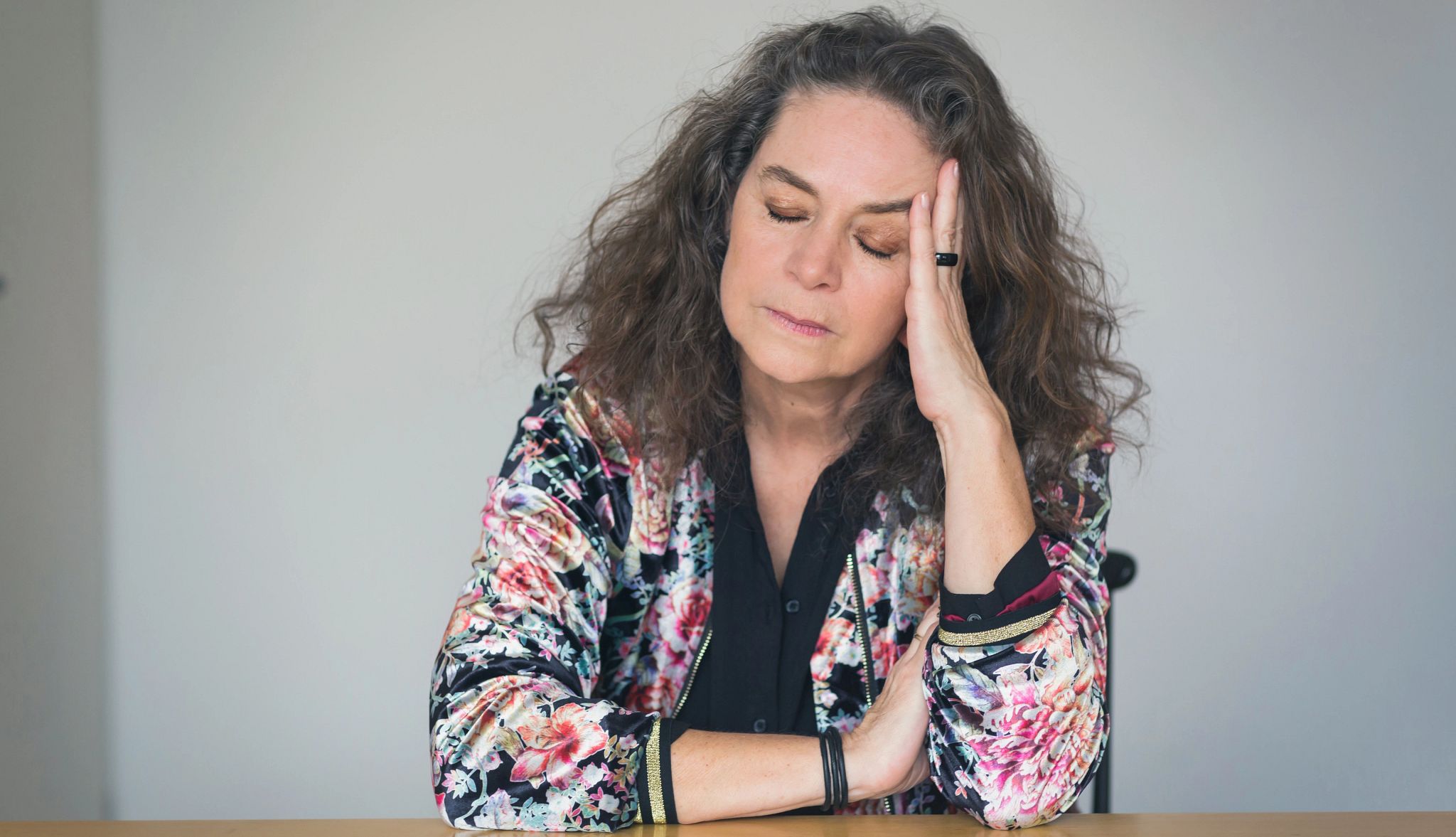
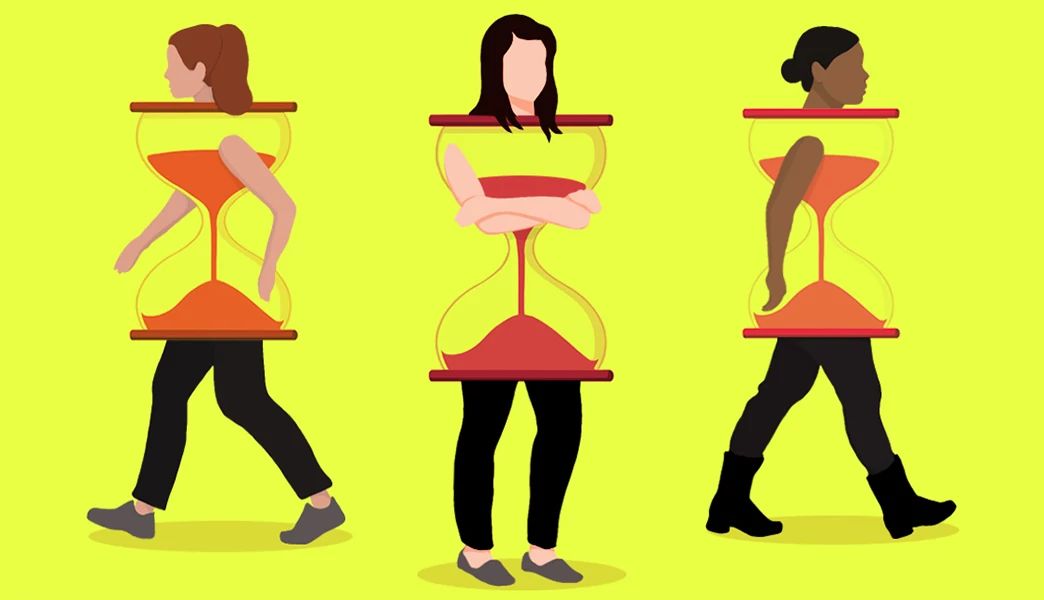


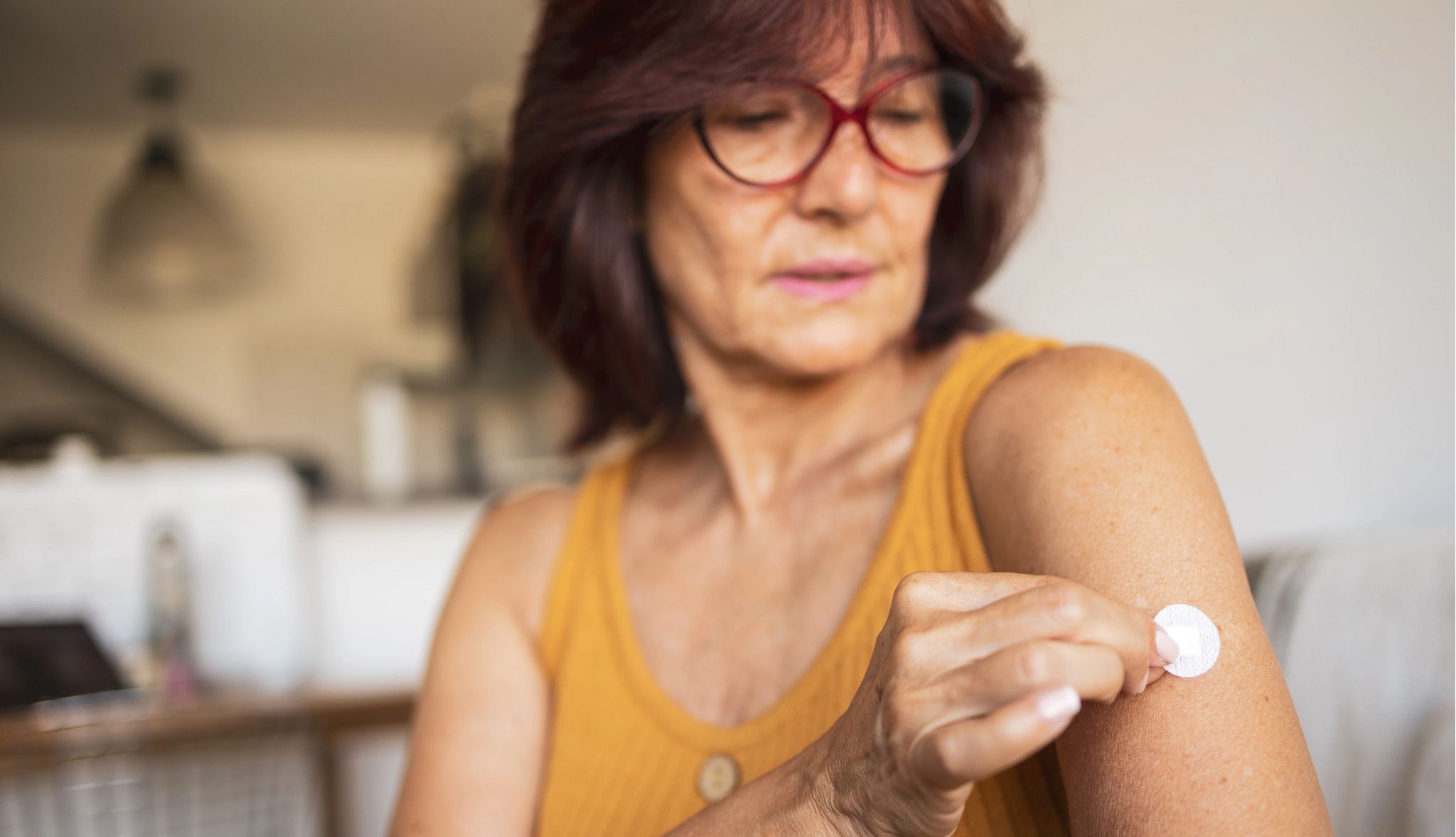
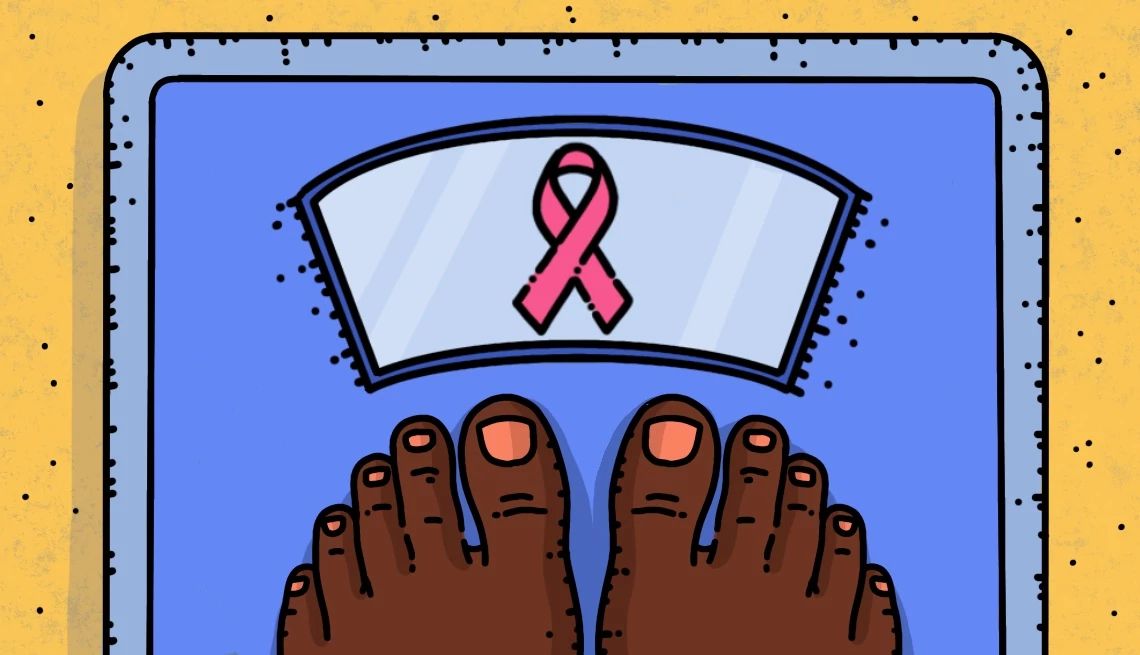






More on Women's Health
Why Missing Sleep Is Worse for Women Than Men
Not only do females get less sleep than males, their health suffers more from it
Medical Breakthroughs in Women’s Health
Advancements include new scans for dense breast tissue, help for hot flashes and more
6 Things Women Wish Their Doctors Told Them About Turning 50
Here are some of the big changes you should expect and what you can do about each oneRecommended for You